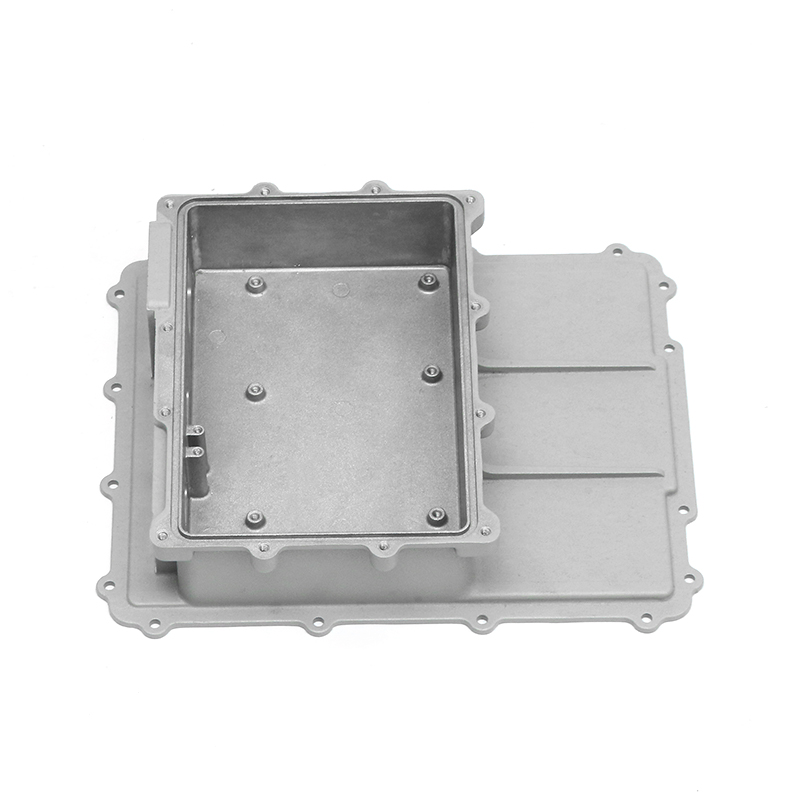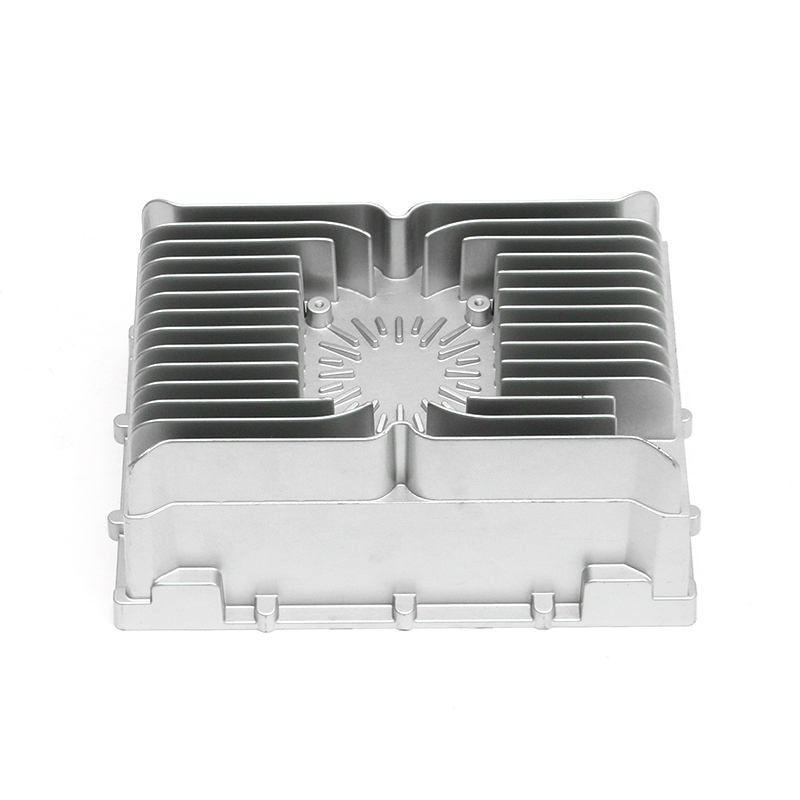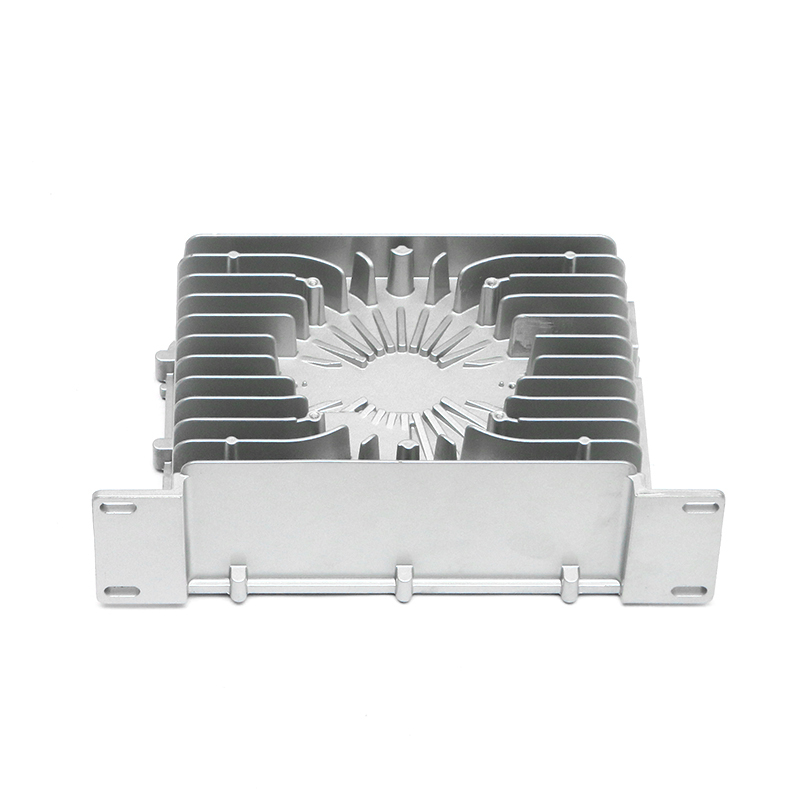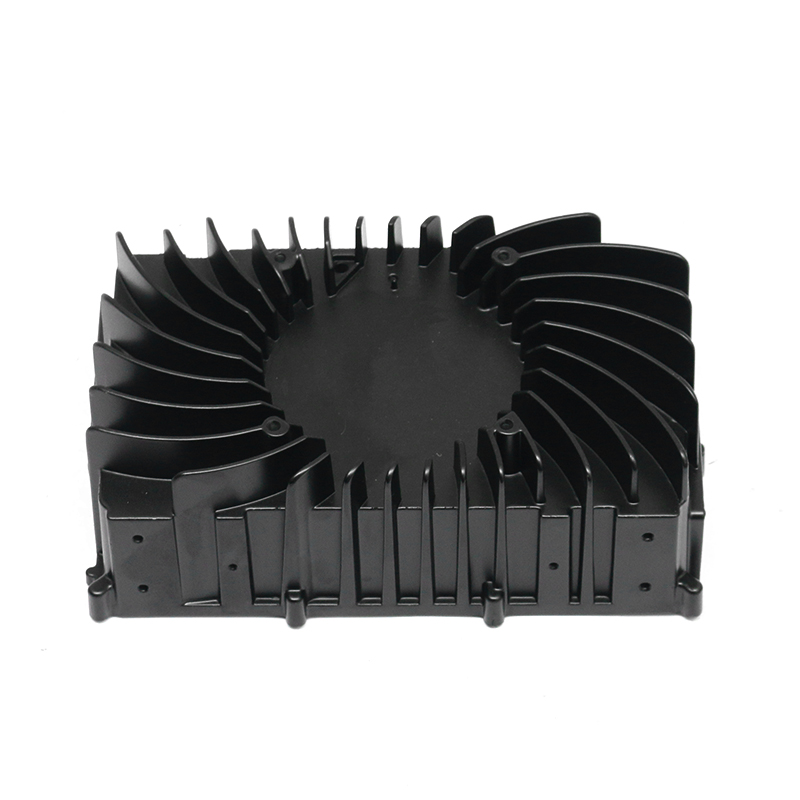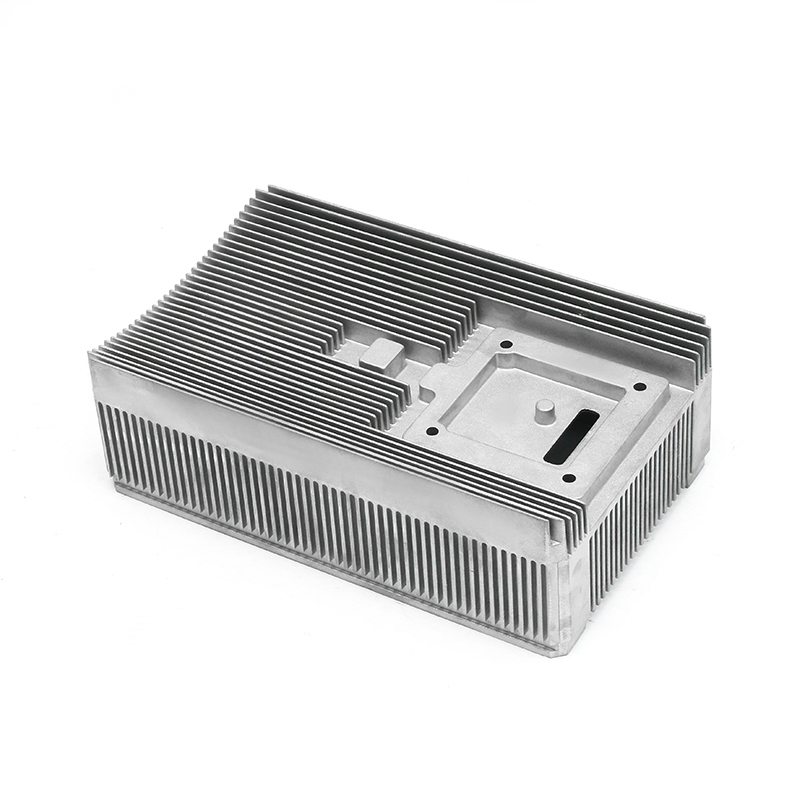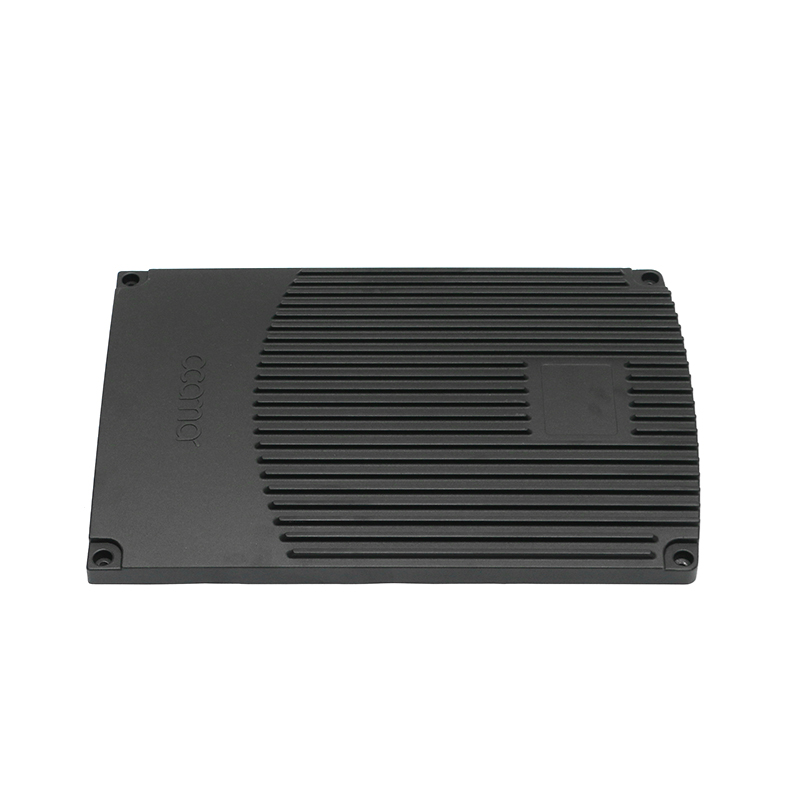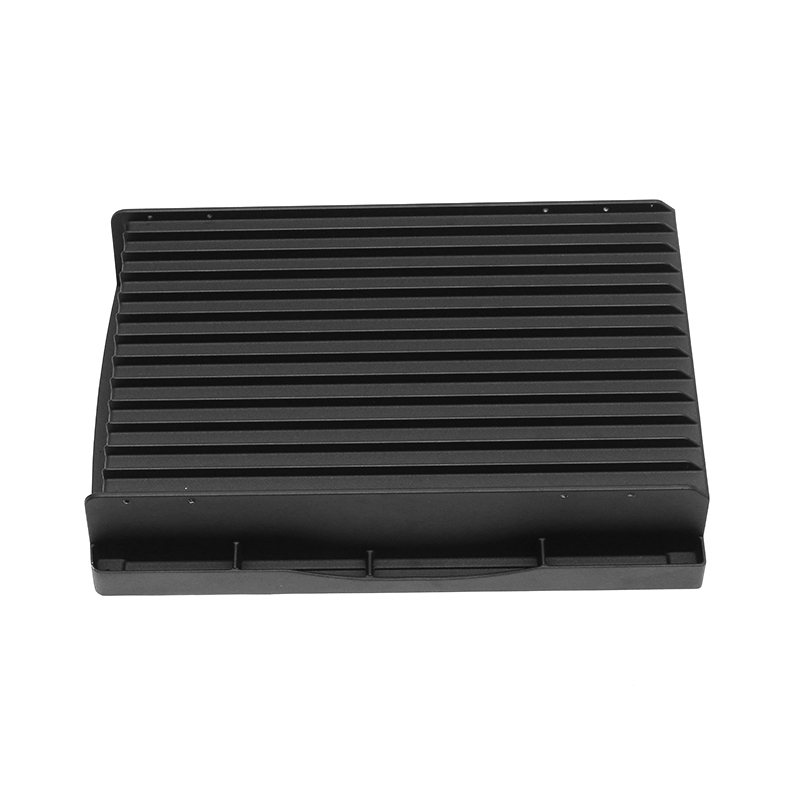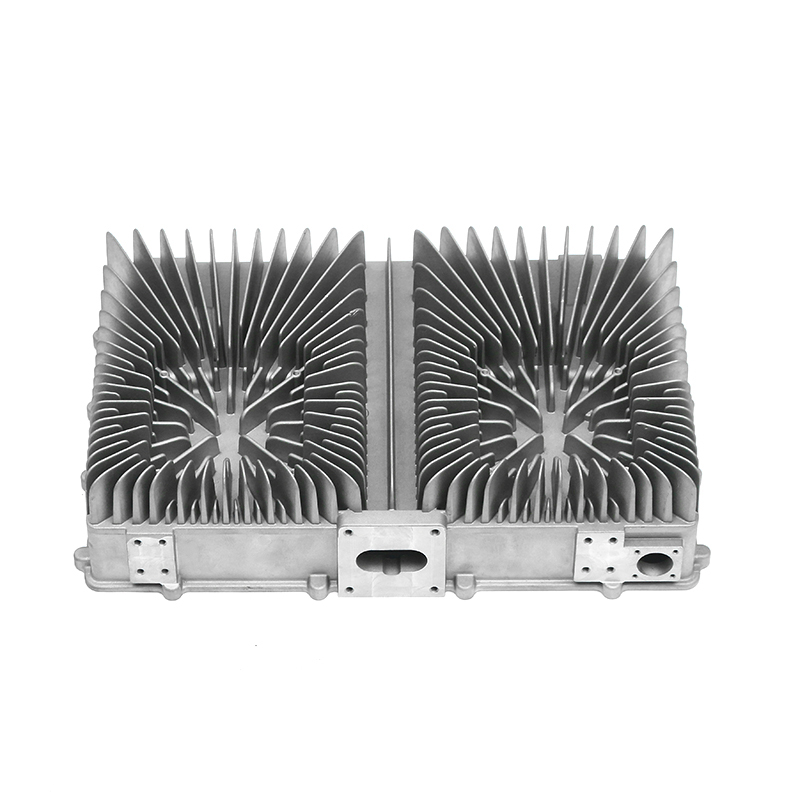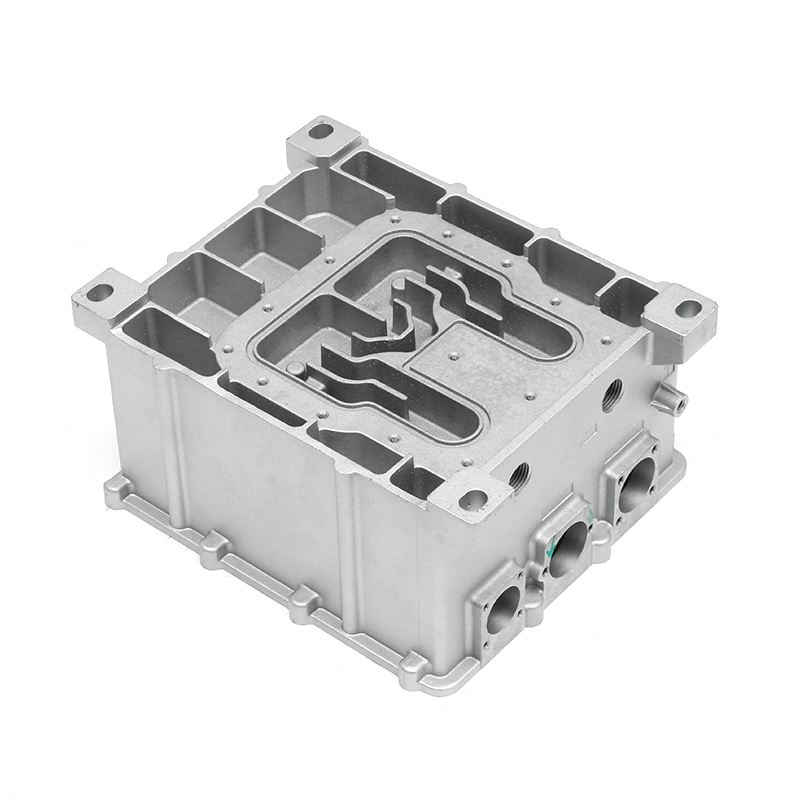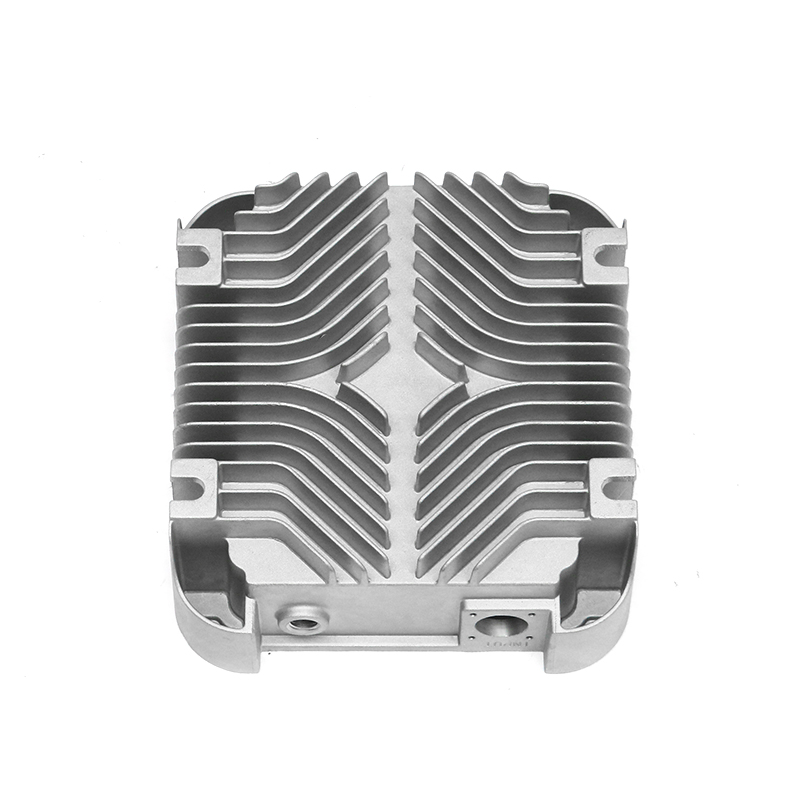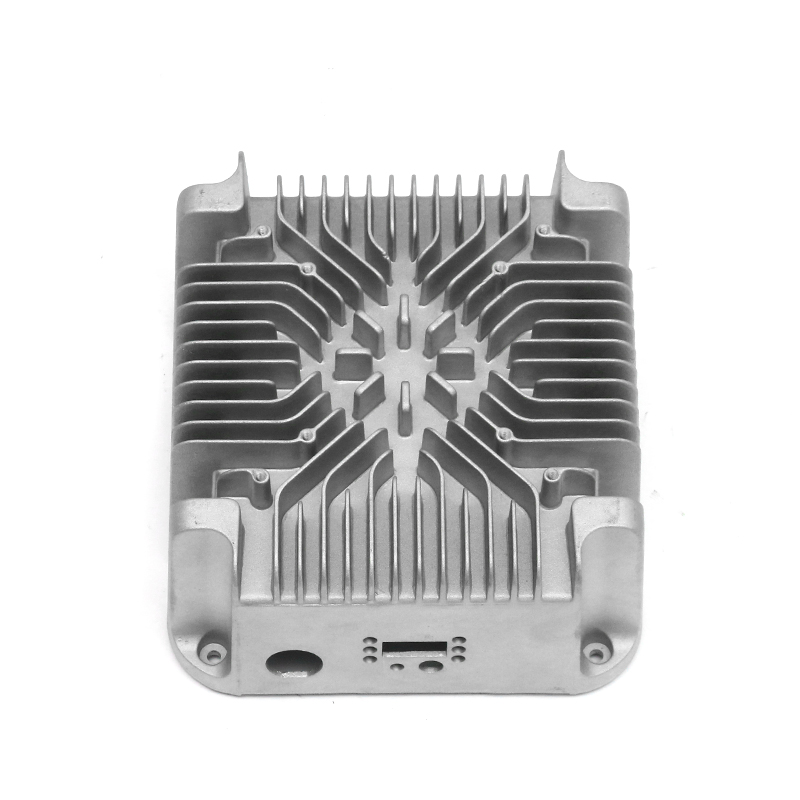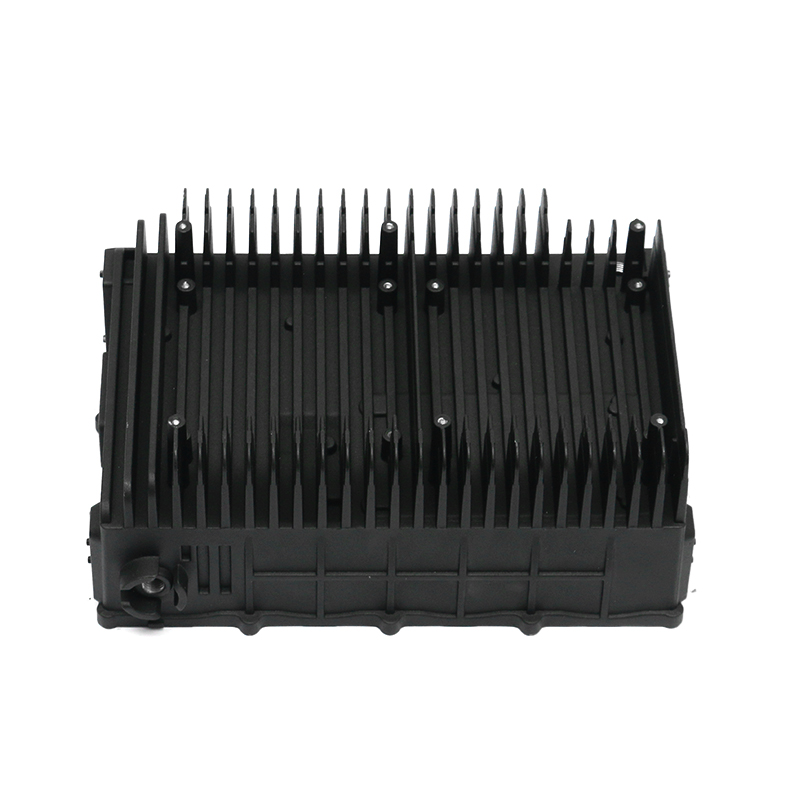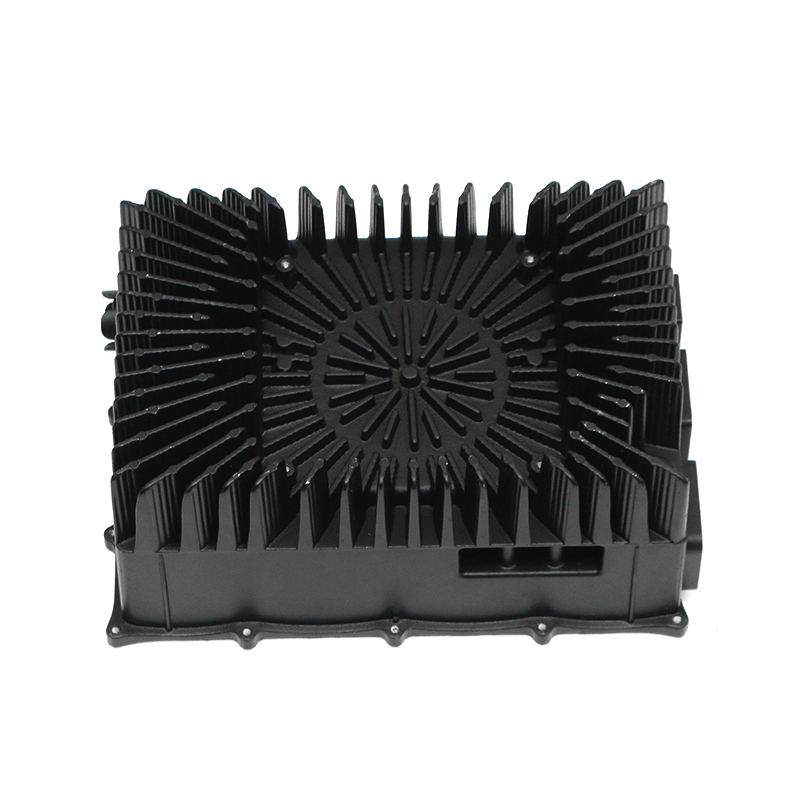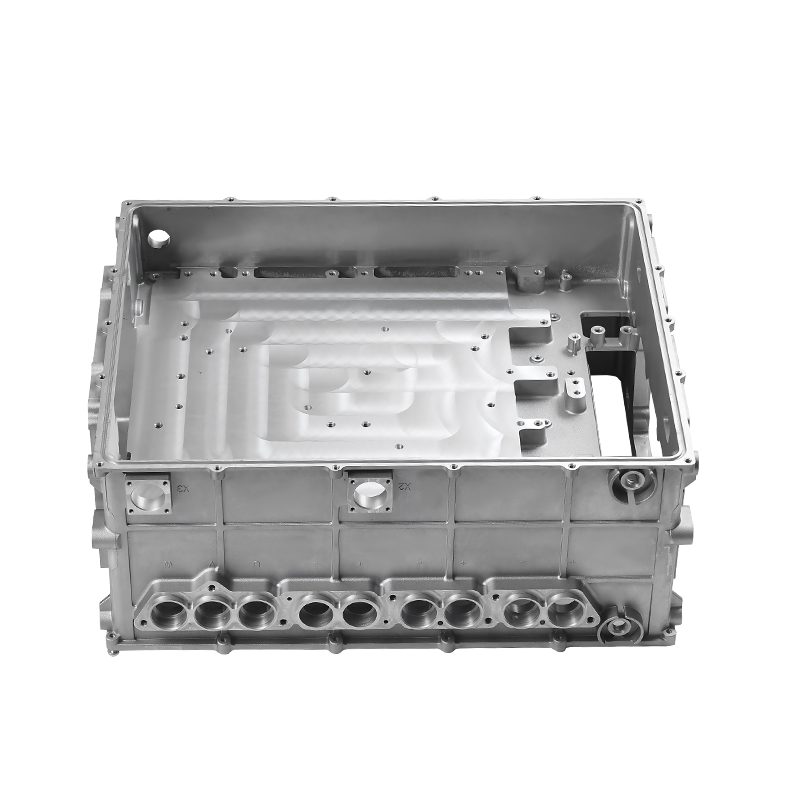1. Abnormally high water temperature
When a car water pump fails, the most direct consequence is that the efficiency of the engine cooling system is greatly reduced. The coolant cannot be circulated effectively, causing the temperature of key components such as the engine cylinder block and cylinder head to rise sharply. The water temperature gauge pointer will quickly climb to the high temperature area, and may even trigger the overheating protection mechanism, causing the engine to automatically shut down. Long-term high-temperature operation will not only reduce the engine's working efficiency, but also accelerate the deterioration of the engine oil, increase the wear of components such as pistons and cylinders, and in severe cases may even cause irreversible damage to the engine such as cylinder pulling and bearing seizure. Therefore, once the water temperature is found to be abnormally high, the owner should stop the car immediately for inspection and never continue driving.
2. Abnormal engine sound
The car water pump contains precision components such as bearings and impellers. The normal operation of these components is essential to maintaining the smoothness of the engine cooling system. However, when the water pump fails, such as bearing wear, loose or broken impellers, etc., the engine will make abnormal noise. These noises may appear as sharp friction sounds, continuous humming sounds, or intermittent knocking sounds, which are all obvious signs of water pump failure. When hearing these abnormal noises, car owners should pay great attention and send the vehicle to a professional repair shop for inspection and repair in time to avoid the expansion of the fault and cause greater losses.
3. The dashboard warning light is on
Modern cars are equipped with advanced electronic control systems. When there is a problem with the engine cooling system, the corresponding warning lights on the dashboard will light up in time to remind the owner to pay attention. These warning lights usually include water temperature warning lights, engine fault lights, etc. When car owners find that these warning lights are on, they should stop the car immediately and check whether there is a problem with the engine cooling system. Especially when the water temperature warning light is on, it is more important to be alert that the engine may be in an overheated state, and measures must be taken quickly to prevent further damage to the engine.
4. Coolant leakage
Coolant is an important part of the engine cooling system. It is responsible for absorbing and taking away the heat generated by the engine. However, when the car water pump fails, such as aging of the gasket and cracking of the pump body, it may cause coolant leakage. Leaked coolant will leave obvious marks on the ground and may be accompanied by a pungent smell. Coolant leakage will not only cause the engine to overheat, but also reduce the efficiency of the cooling system and affect the normal operation of the engine. Therefore, car owners should regularly check the coolant level and cooling system for leaks, and repair them in time if leaks are found.
5. Unstable idling or easy to stall
The operating condition of the car water pump is closely related to the idle stability of the engine. When the water pump fails, its rotational resistance may change, causing the engine to idle unstable or easily stall. This situation usually occurs when the vehicle is driving at a low speed or idling waiting. Unstable idling not only affects driving comfort, but also may cause additional burden and wear on the engine. And easy stalling may cause the vehicle to suddenly lose power during driving, increasing the risk of traffic accidents. Therefore, when car owners find that the idle speed is unstable or easy to stall, they should check whether the water pump and other related components are working properly in time.
6. Reduced engine performance
The failure of the car water pump may also affect the overall performance of the engine. Due to insufficient cooling, the engine overheats and the incomplete combustion of the mixture in the cylinder, which in turn reduces the engine's power output and fuel economy. The owner may feel that the vehicle lacks power when accelerating, has difficulty climbing a hill, or has significantly increased fuel consumption. In addition, overheating may also cause serious problems such as engine knocking and valve erosion. Therefore, once the engine performance is found to be declining, the owner should check the cooling system and water pump for faults as soon as possible, and repair and replace them in time to ensure the normal operation of the engine.

